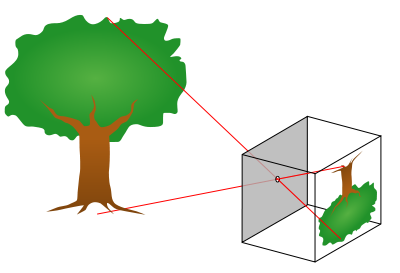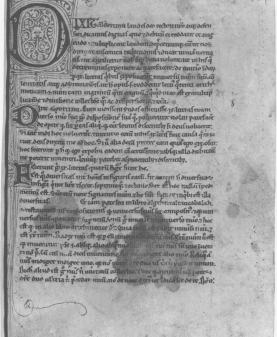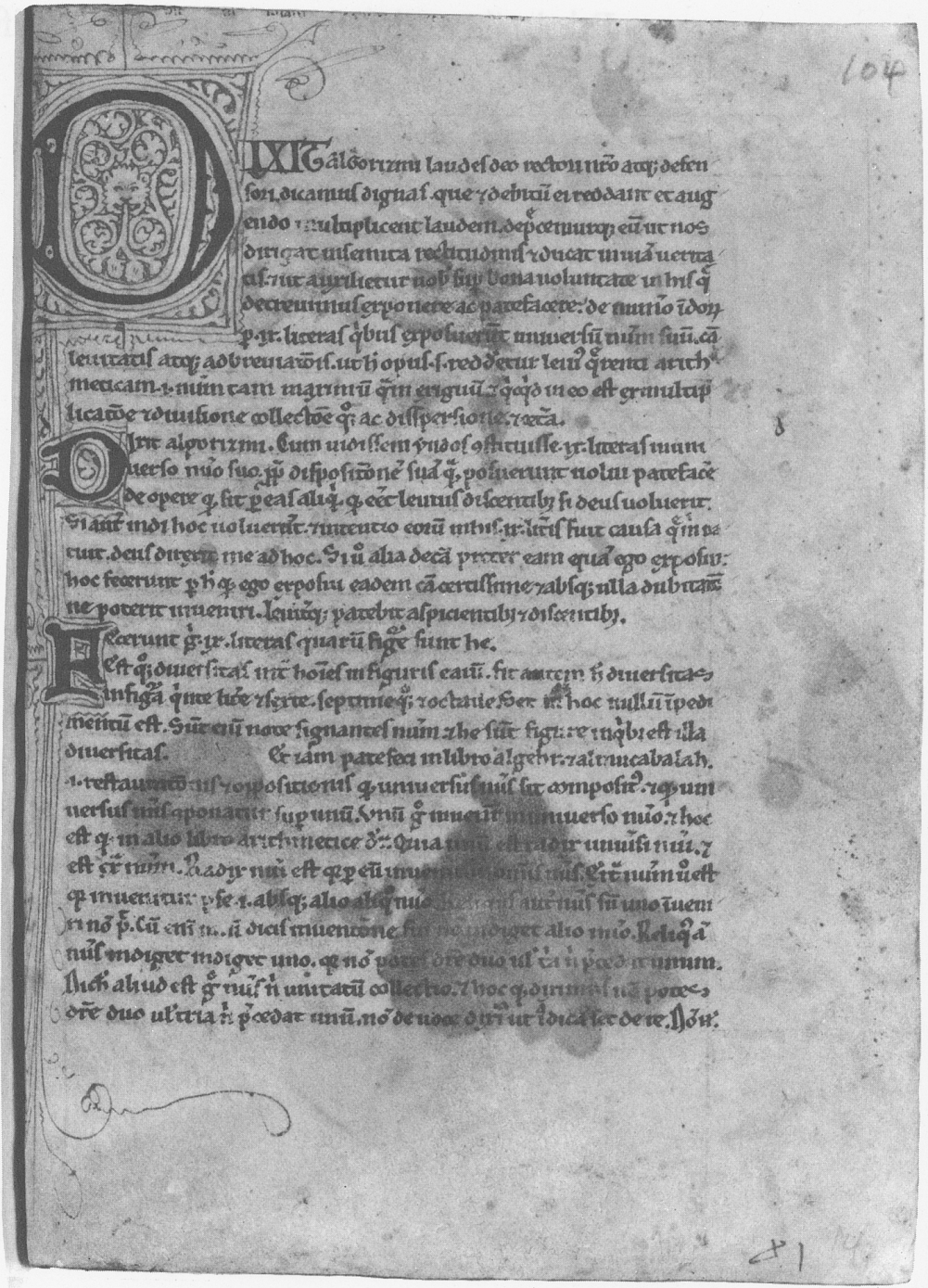Muslim Inventions That Changed The World:
Cameras
It’s hard to imagine a world without photography. Billion dollar companies like Instagram and Canon are based on the idea of capturing light from a scene, creating an image from it, and reproducing that image. But doing so is impossible without the trailblazing work of the 11th century Muslim scientist, Ibn al-Haytham, who developed the field of optics and described how the first cameras work.
 The basic principle of a pinhole camera
The basic principle of a pinhole camera
Working in the imperial city of Cairo in the early 1000s, Ibn al-Haytham was one of the greatest scientists of all time. To regulate scientific advancements, he developed the scientific method, the basic process by which all scientific research is conducted. When he was put under house arrest by the Fatimid ruler al-Hakim, he had the time and ability to study how light works. His research partially focused on how the pinhole camera worked. Ibn al-Haytham was the first scientist to realize that when a tiny hole is put onto the side of a lightproof box, rays of light from the outside are projected through that pinhole into the box and onto the back wall of it. He realized that the smaller the pinhole (aperture), the sharper the image quality, giving him the ability to build cameras that were incredibly accurate and sharp when capturing an image.
Ibn al-Haytham’s discoveries regarding cameras and how to project and capture images led to the modern development of cameras around the same concepts. Without his research into how light travels through apertures and is projected by them, the modern mechanisms inside everyone’s cameras would not exist.
Algebra
While many secondary school students struggling through math classes may not appreciate the importance of algebra, it is one of the most important contributions of the Muslim Golden Age to the modern world. It was developed by the great scientist and mathematician, Muhammad ibn Musa al-Khawarizmi, who lived from 780 to 850 in Persia and Iraq.

In his monumental book, Al-Kitāb al-mukhtaṣar fī ḥisāb al-jabr wa-l-muqābala (English: The Compendious Book on Calculation by Completion and Balancing), he set forth the basic principles of algebraic equations. The name of the book itself contains the word “al-jabr”, meaning “completion”, from which the Latin word algebra is derived. In the book, al-Khawarizmi explains how to use algebraic equations with unknown variables to solve real-world problems such as zakat calculation and inheritance division.
A unique aspect of his reasoning for developing algebra is the desire to make calculations mandated by Islamic law easier to complete in a world without calculators and computers.
Al-Khawarizimi’s books were translated into Latin in Europe in the 1000s and 1100s, where he was known as Algoritmi (the word algorithm is based on his name and his mathematical works).
Without his work in developing algebra, modern practical applications of math, such as engineering, would not be possible. His works were used as math textbooks in European universities for hundreds of years after his death.
(Source Islamstory.com)

